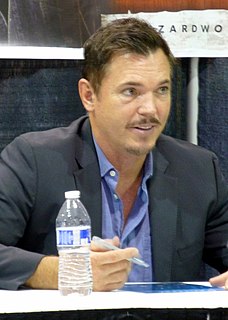A Quote by Jeremy Corbyn
It is opposition to economic orthodoxy that leads us into austerity and cuts. But it is also a thirst for something more communal, more participative. That, to me, is what is interesting in this process.
Related Quotes
The mythology around colorblindness leads people to imagine that if poor kids of color are failing or getting locked up in large numbers, it must be something wrong with them. It leads young kids of color to look around and say: "There must be something wrong with me, there must be something wrong with us. Is there something inherent, something different about me, about us as a people, that leads us to fail so often, that leads us to live in these miserable conditions, that leads us to go in and out of prison?"
If we can’t puncture some of the mythology around austerity, politics or tax cuts or the mythology that’s been built up around the Reagan revolution, where somehow people genuinely think that he slashed government and slashed the deficit and that the recovery was because of all these massive tax cuts, as opposed to a shift in interest-rate policy - if we can’t describe that effectively, then we’re doomed to keep on making more and more mistakes.
You're always choosing the start point and the end point. And almost by definition, the most interesting period is where something happens, as a result of which something is different at the end. And so to me, the idea that you know everything about a character at the beginning is sort of ridiculous. Something has to be revealed. I like it when the deeper you go with the character, the more you see the layers start to peel away. It's more challenging to me, but it's also just interesting. Those are the things I like to watch. I like to watch the evolutions of something.
When people are running up more and more debt for housing, they call that "real wealth." It exposes what's wrong in the mainstream economics and why most of the economics that justifies austerity programs and economic shrinkage is in the textbooks is not scientific. Junk economics denies the role of debt and denies the fact that the economic system we have now is dysfunctional.
Ever since the economic crisis in 2008, millions of people have accepted cuts in all sorts of things - from real wages and living standards to benefits and hospital care - without any real opposition. The cuts may be right, or they may be stupid - but the astonishing thing is how no-one really challenges them.
When it comes to the budget, we know that we shouldn't be cutting more on core investments, like education, that are going to help us grow in the future. And we've already seen the deficit cut in half. It's going down faster than any time in the last 60 years. So why would we make more cuts in education, more cuts in basic research? Nobody thinks that's a good idea.
































